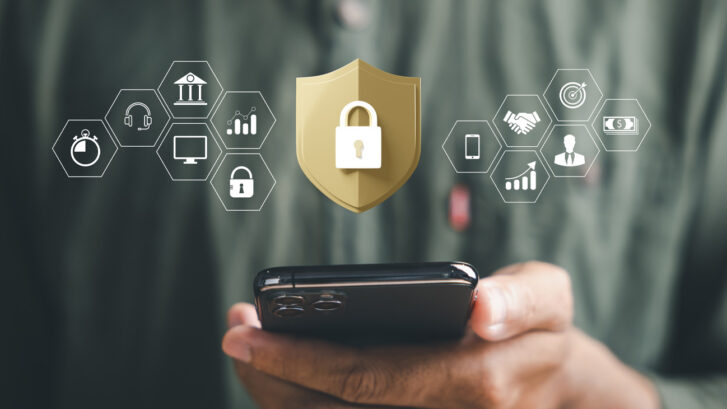What is Data Privacy? Understanding the Significance and Methods to Safeguard Your Information
In today’s digitally driven world, data privacy stands as a cornerstone of personal and corporate security. The concept involves the right of individuals and organizations to control who accesses their personal information and how it is used. This article will delve deep into the facets of data privacy, highlight the critical importance of protecting personal data, and introduce effective strategies to ensure your information remains secure.
The Essentials of Data Privacy
Data privacy, or information privacy, revolves around handling, processing, storing, and sharing data in adherence to laws, regulations, and policies. This not only encompasses personal data such as names, addresses, and financial details but also extends to digital footprints that are generated through interactions with various technologies.
The significance of data privacy is underscored by the risks associated with data breaches. These breaches can lead to identity theft, financial losses, and damage to a company’s reputation. Therefore, robust data privacy measures are crucial for maintaining the trust of customers and protecting them from potential harms.
Frameworks and Regulations Governing Data Privacy
Several international frameworks and national laws have been established to protect data privacy. Key among these are the General Data Protection Regulation (GDPR) in the European Union, the California Consumer Privacy Act (CCPA) in the United States, and the Personal Data Protection Act (PDPA) in Singapore. These regulations enforce stringent rules on data collection, processing, and storage, granting individuals greater control over their personal information.
Technological Solutions for Enhancing Data Privacy
Modern technology offers various tools and solutions to enhance data privacy. Encryption is a fundamental method, transforming readable data into encoded information that can only be accessed or decrypted by authorized users. Furthermore, secure communication channels, such as VPNs and secure email services, help protect data as it travels across the internet.
Data anonymization is another critical technique, especially useful in big data and analytics. It involves altering personal data in such a way that the individual cannot be identified, thereby allowing for the utilization of large data sets without compromising privacy.
Best Practices for Managing and Protecting Personal Data
To effectively protect your data, adopting best practices in data management is essential:
- Understand and manage data permissions: Always review and manage the permissions you grant to applications and services, ensuring they only have access to necessary information.
- Regularly update software and systems: Keep all software and systems updated to protect against vulnerabilities that could be exploited by cybercriminals.
- Use strong, unique passwords: Utilize complex passwords and consider using a reputable password manager to keep your credentials secure.
- Be cautious about public Wi-Fi: Avoid transmitting sensitive information over public Wi-Fi networks without using a VPN.
Phone Number Privacy and Protection
Protecting your phone number is vital, as it can be a gateway for privacy invasions and scams. It’s important to be selective about where you share your phone number and to use services that help safeguard your phone number’s privacy.
For individuals concerned about their phone number privacy, the YouMail Privacy Scan offers a valuable tool. This service helps identify online exposure where your personal information is vulnerable to scams and identity theft. The process is fast and free, with most scans taking about 60 seconds. Furthermore, after your scan, YouMail enables the automatic removal of your information from sites where it might be exposed. This proactive approach is essential in maintaining the privacy of your phone number and other personal information. Learn more about the YouMail Privacy Scan.
Conclusion
In the digital age, data privacy is more than a preference; it is a fundamental right that needs to be safeguarded with vigilance and robust security measures. By understanding the importance of data privacy, staying informed about regulations, and implementing best practices, individuals and organizations can protect themselves from the myriad risks posed by data breaches and cyberattacks.





